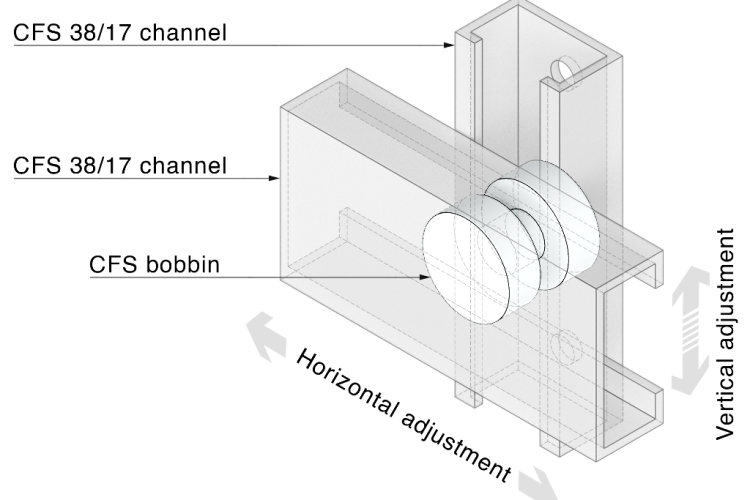Dispute resolution
Construction projects have an innate tendancy to be unpredictable and complex, due to the overwhelming number of issues that are dependent on the completion of other pieces of work. Naturally, this level of uncertainty can lead to severe disputes and the management of these will fall to the project or site manager responsible.
Dispute management in the construction industry is a specialism in itself, as the legal parameters of contracts and the nature of how contractors operate lend themselves very well to a number of potential issues arising.
Contractor management is something a good project or site manager should have a handle on from day one, in order to ensure an operation runs as smoothly as possible. One of the easiest ways to achieve this, of course, is to hire the right people and have them in place from the offset.
However, this isn’t going to be possible for a large number of eager construction firms. Contractors’ diaries fill up rapidly – often months or years in advance – so in order to meet a client’s time and/or cost demands, it just isn’t possible to hire the ‘dream team’.
A skilled site manager will know how to deal with a number of different contractors, timescales and site requirements. However, issues do arise, so knowing how to combat them and when to seek legal action is imperative to a smooth operation.
“In all good contracts there should be a section that details the steps to be taken should a dispute arise between any involved party”
Managing disputes
Some of the most common factors that result in a dispute are regarding payment – or a lack thereof – and the quality of work. These issues arise, particularly when neither party has properly agreed to the standard and scope of works prior to commencement.
More often than not, there is a practical issue in the delivery of a project that needs to be resolved, but there have been occasions I’ve witnessed where disputes are raised in an effort to stall payment.
Disputes that warrant taking legal action occur when there is a failure to remedy the situation at hand. One party will usually say that they aren’t happy with the standard, timeframe or eventual cost of the works and that a series of measures or corrections need to be made to continue a working relationship.
To muddy the waters further, there is also huge potential for a large number of issues to arise between subcontractors hired by the main contractor and further contractors that those subcontractors hire to carry out specific or highly specialised elements of work. Changing contractors can be a frustrating process but is often the easiest and cheapest way to ensure construction isn’t delayed further than necessary.
I’ve had experiences where the dispute lies between two subcontractors of one contracted firm – it’s here where a detailed and thorough contract as well as a mutually agreed standard, timeframe and cost is vital. Of course, each firm will have their own contracts, which adds to the complexity of contract dispute management.
Contract essentials
While it’s possible to think that having a robust contract will resolve any issues you may encounter further down the line, adherence to the contract and even getting the contract agreed and signed before works commence aren’t always possible – even when they should be.
In all good contracts there should be a section that details the steps to be taken should a dispute arise between any involved party. For those watching the pounds, this can provide a safeguard against expensive legal proceedings.
Often, contracts should (and will in most cases) state that mediation – the procedure for resolving disputes – must have taken place to solve issues before a court will even consider opening the case.
A large number of cases are resolved before litigation but, more often than not, the reality of the situation is that neither party is willing to agree to the process if it’s not a procedure written into their contract – once again, this highlights the importance of a contract that details the escalation process in great detail.
Although it may feel like it sometimes, contracts aren’t there to add red tape to a scenario – contractors, specialists and firms all want to ensure that their reputations are upheld. Legally binding documents are there to safeguard all parties and ensure that expectations are clearly understood by all involved. A good contract is more than worth the paper it’s written on and will provide infinite value to the contractors, the property developer and, in the event it reaches legal proceedings, your lawyer.



















